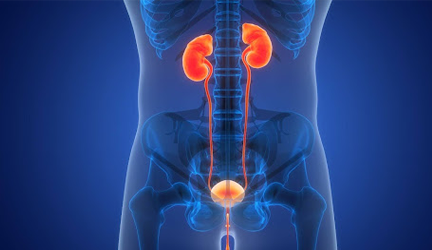- Timing: 24/7 Avaiable
- Call us: +91 9637257670 , +91 9518519369
- Timing: 8:30 am to 6:00 pm
- Call us: +91 9822827576
Call us: +91 9370881414

Urology is a branch of medicine that focuses on the urinary tracts of males and females, as well as the reproductive system of males. Urologists are medical professionals who specialize in diagnosing and treating conditions related to the urinary tract, including the kidneys, bladder, ureters, and urethra, as well as the male reproductive organs, such as the prostate, penis, and testicles.